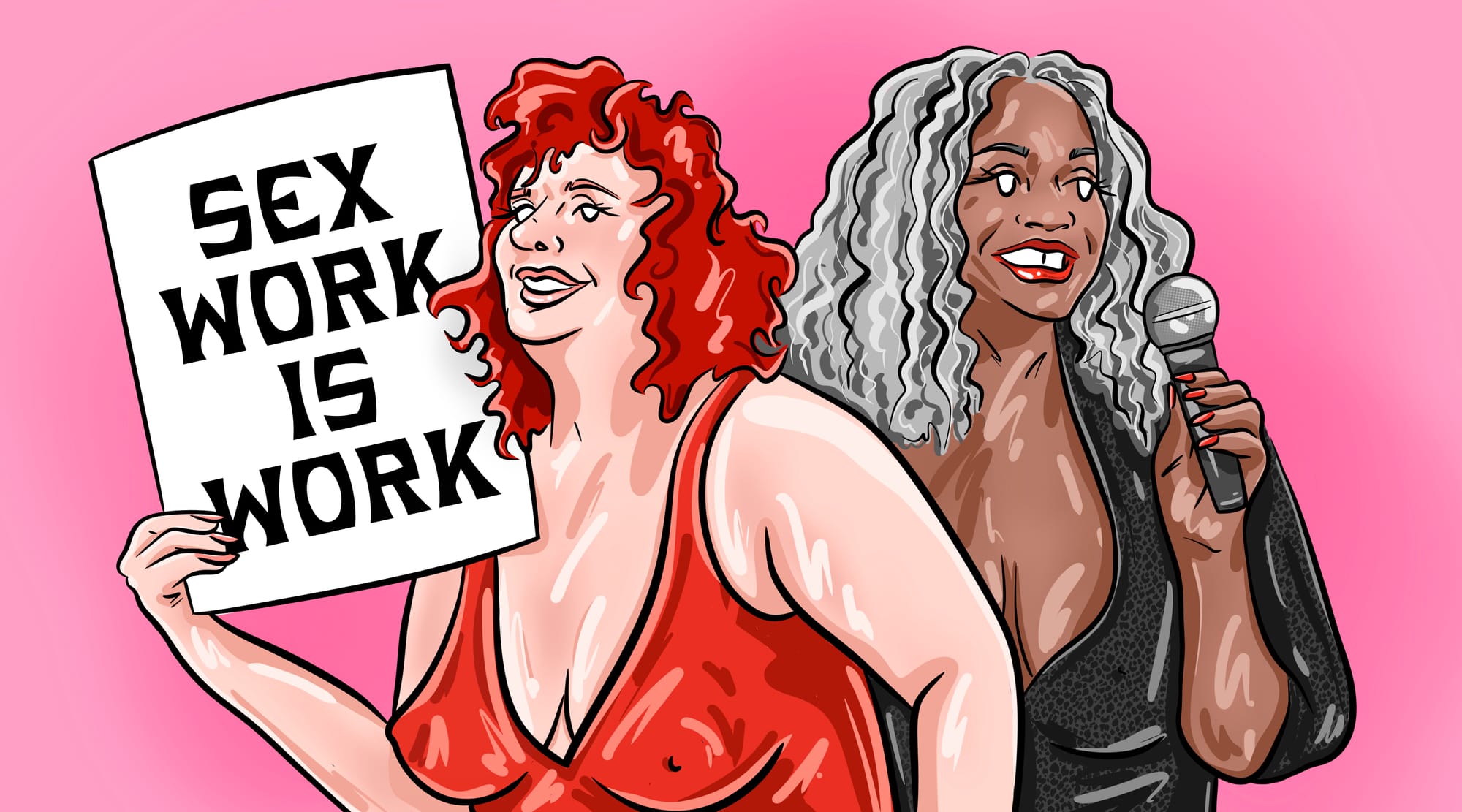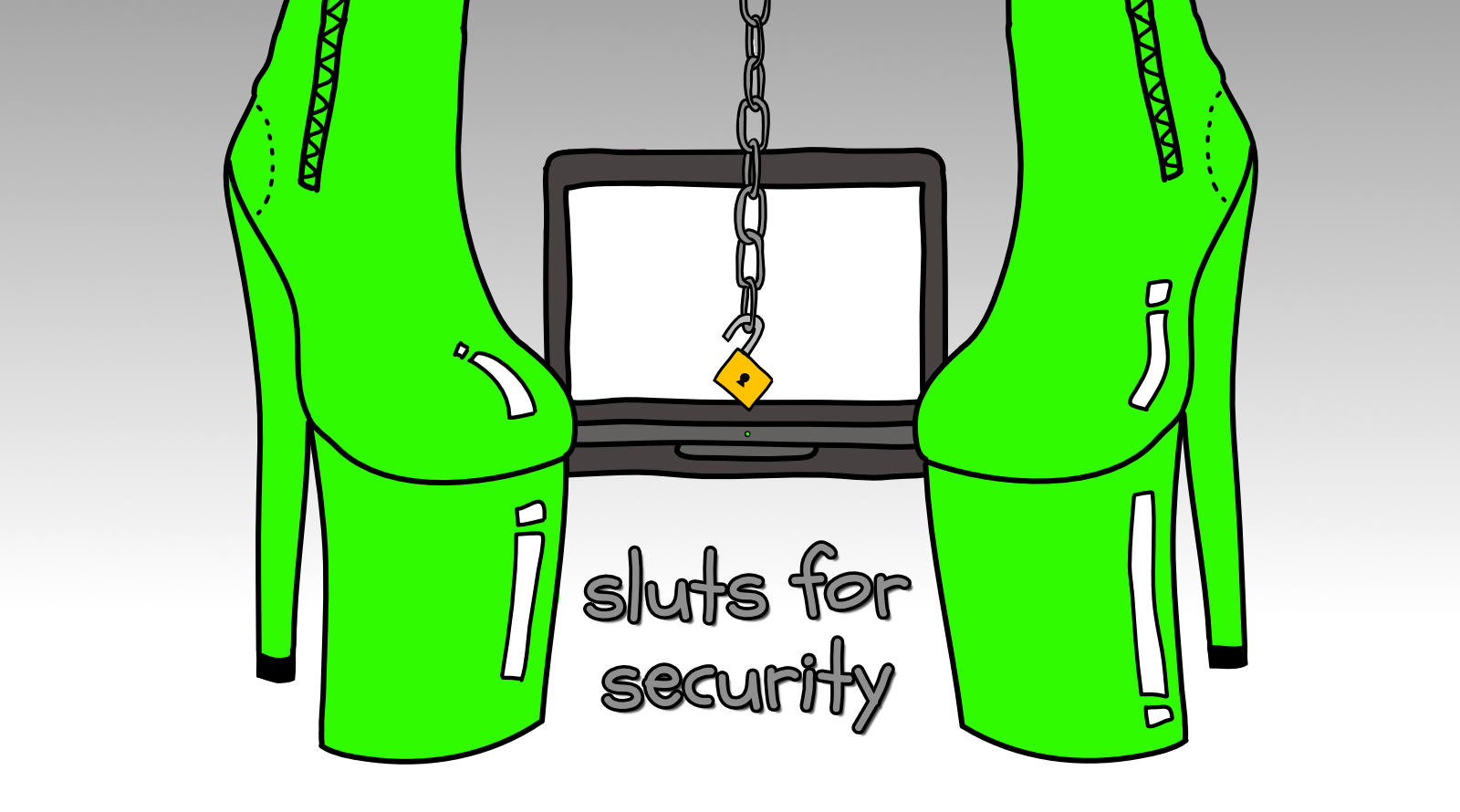In 1800's England, army officers would be said to "send one to Coventry" if a fellow officer was being a bit of a dickhead but not enough of a dickhead to cop a formal reprimand. That officer would be ostracised by the rest of the crew and nobody was to interact with someone sent to Coventry because if they did, the same thing would happen to them. The phrase "Sent to Coventry" caught on outside the military and is still used to this day in the midlands area of England whenever you're, as the kids say now, "ghosting" someone.
What's that got to do with shadowbans and social media? In the 1990s, popular web forum software vBulletin added a feature called ‘Tachy Goes to Coventry’. According to vBulletin's documentation, "this option allows you to effectively add a user or users to every member's Ignore List. However, users in this list can still see their own posts and threads". If you were a moderator of a forum and someone's being a troll but hasn't broken a rule to warrant booting them out, applying Tachy Goes to Coventry to their account would provide the forum a bit of relief and when the troll eventually realised nobody was taking their bait, they’d go away.
Shadowbanning in the modern age of social media extends on the concept of sending someone to Coventry. When a social media company shadowbans an individual or a group of individuals, they're saying: we don't want to be seen to ban you because that would make us look bad, but we also don't want you here. Instead we will limit your reach and hope you go away.
Why a social media company wouldn't want sex workers on their platform is a whole separate article, maybe even a book's worth of articles, but it's not news to anyone that sex workers are regularly shadowbanned and that social media companies refuse to comment on it. The impacts of a shadowban are not simply being kicked off a discussion forum like back in the day, but removal from an entire economic system. Limiting social media access limits opportunities for promotion. Limiting promotion opportunities limits potential income. This impact is compounded when it’s (usually) a USA company imposing USA values on people that are not living or working in the USA.
It's not news to anyone that sex workers are regularly shadowbanned and that social media companies refuse to comment on it.
If you happened to be a person sent to Coventry either in an 1800's English army or a 1990's internet forum, you knew it was happening to you. On the forum you'd realise nobody was engaging and you could have a chat with the moderator of the community – a real person! – to ask what's up. They'd explain their actions and more often than not, give you a chance to explain yourself or provide a path to being welcomed back into the community.
Is there someone you can ask about why your engagement on Instagram is nose diving? Can you look into why your posts on X aren't getting the same traction they used to? What about nobody commenting on your TikToks? Hell no. There's not even a human involved, let alone a human you can contact. Are you shadowbanned or are your posts shit and nobody cares about them? Who knows?! It's all an algorithmic soup that's been pissed in by dozens of chefs to create a disgusting slop we begrudgingly slurp up for dinner each night.
Being sent to Coventry back in the day only happened to individuals - you had to be a specific type of jerk to get shadowbanned and it only happened to you, not your friends or colleagues simply for being associated with you. On massive social media platforms however, even if you aren't annoying anyone and nobody's reported you, you’re shadowbanned based on an unknown set of criteria. Maybe it's the words you use, maybe it's who you follow, maybe it's the photos you post. We don't know, as none of this is written down anywhere for the public to analyse.
The impacts of a shadowban are not simply being kicked off a discussion forum like back in the day, but removal from an entire economic system.
Shadow banning wasn’t always so severe for sex workers on the internet. When FOSTA/SESTA was passed by the US government back in 2018, social media platforms became extremely concerned about hosting anything that could be interpreted as sex trafficking. Before 2018 they were protected by Section 230 of the Communications Decency Act for what their users do, but FOSTA/SESTA created an exception for Section 230 protections when it comes to content a judge might perceive as sex trafficking. Without Section 230 covering their arse, the platforms decided to simply remove and restrict anything sex related.
Sex workers in particular are hit hard by shadowbans as social media is a crucial part of how sex workers generate income. If people don't know you've got something for sale, how will they know to buy it? Sex workers are already locked out of most mainstream methods of marketing, so having their reach and impact on social media reduced via shadowbans – not just American sex workers, but all sex workers globally – makes a tough job even tougher.
To make a bad situation worse, there's practically nothing you can do about shadowbanning. There are some short-term tactics that allow you to get around a platform's shadowban – we won't mention those here as that will tip off the platform – but it's tiring having to disguise what you’re really doing. The only solution to avoid shadowbanning is to cultivate an audience outside of the platforms that don't want you. Don't give them the satisfaction of leaving, but make sure your entire life doesn't revolve around the whims of a couple of tech bros that won't think twice about sending you to Coventry.
Got a tech question for Ada? She wants to hear from you!
Ada answers all your questions about tech, the online world, and staying safe in it. No question is too silly, no hypothetical is too far-fetched! Learn to leverage devices, systems, and platforms to your benefit.





